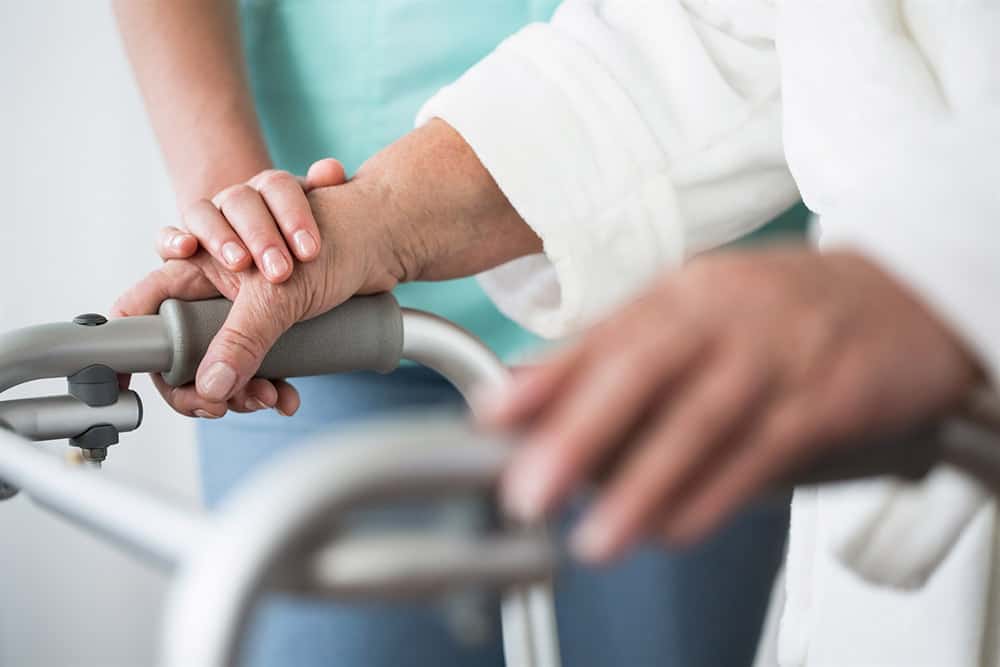NHS England confirms the set-up of 42 ICSs to help deliver health and social care in England
NHS England has announced that 42 statutory integrated care systems (ICSs) have been set up to bring together GP teams, hospitals, local authorities, and other partners to plan and deliver health and care services across specific geographical areas in England. Clinical Commissioning Groups are being abolished and their commissioning powers transferred to the new bodies.
The partnership model is help health and social care providers and commissioners of NHS services to collectively plan health and care services and tackle health and wellbeing inequalities.
Dedicated mental health staff to help children and young people in GP practices, and blood pressure checks in betting shops, are among initiatives devised and delivered by new integrated care systems that have now come fully into force.
Boosting health checks in the community to find people with health problems before they become seriously unwell is a key goal of the shift to integrated care systems, where local organisations work together to better meet the needs of local people.
With mental health services for children experiencing record demand, new roles, including wellbeing practitioners, will be in place for local practices to support young people and help with access to local mental health teams. As well as expanding capacity through new roles, GP teams can develop special interests and access training in specific areas such as eating disorders.
Amanda Pritchard, NHS chief executive, said the changes had the “power to completely transform health and care for people in their local communities” as well as cutting red tape within the NHS and saving taxpayers’ money.
The changes are set to save an estimated £14 million each year by reducing the number of chief executives working in the NHS by almost 170.
New systems are already proving to be an effective tool in tackling the COVID backlogs, with eight systems reducing two-year waiters to single figures ahead of the end of July target. Nationally, there are 70 per cent fewer two-year waiters than in January.
Amanda Pritchard, NHS chief executive, said: “Integrated care systems have the power to truly transform the way that we care for people up and down the country – not only will the NHS provide care when someone is unwell or has an accident but alongside our local government partners, we must also now play an increasing key role in managing peoples’ health so that we can catch more killer conditions earlier and save lives.
“Local areas are already doing this by going out into communities to spot signs and symptoms earlier in places such as sports clubs and betting shops as well as ensuring people can access community support rather than using 999 or going to A&E.
“Through these schemes, we are already making a massive difference to peoples’ lives. The NHS will now build on this success and innovation and deliver care for patients that is fit for the future as well as saving taxpayers’ millions of pounds each year”.
Health and Social Care Secretary Sajid Javid said: “We have learned many lessons during the pandemic, particularly following our hugely successful COVID vaccine roll-out, and one of these is that a more joined-up health and care system can help thousands more people get the care they need in the right place at the right time.
“Our Health and Care Act has now established Integrated Care Systems in law, boosting access to care for patients by removing barriers to joint-working, supporting innovative local solutions and giving local leaders more freedom to rapidly fix the issues that matter most to patients.
“I’m hugely grateful to the staff already driving life-saving initiatives in their communities through these new systems, helping to tackle disparities across the country and bust the COVID backlogs”.
Lincolnshire ICS brought together acute, community and mental health teams to reform local stroke services, helping patients with rehabilitation in their own home earlier and using digital solutions. As a result, they have seen the average length of stay for stroke patients in hospital fall from 13 days to just four and a half.
Another significant change is that NHS England & NHS Improvement will become NHS England. The two organisations initially merged in April 2019.
While as part of the vital work to better integrate health and social care, the Health and Care Act also extends hospital discharge rights for patients and carers – including young carers for the first time. The act will ensure hospital trusts involve patients and carers in hospital discharge decisions when further care and support is needed and where appropriate.
Professor Martin Green OBE, chief executive of Care England, said: “Care England welcomes the establishment of ICSs. ICSs represent the latest initiative aimed at tackling the integration agenda.
“We hope that these new systems will prove successful in integrating health and social care services and creating a joined-up approach to the delivery of care. For true integration to succeed, adult social care providers must have their voices heard at every level.”
Last year, NHS England published a document about the design framework for integrated care systems (ICSs) in England, building on UK Government expectations for NHS leaders and organisations to operate with their partners in ICSs from April 2022.



